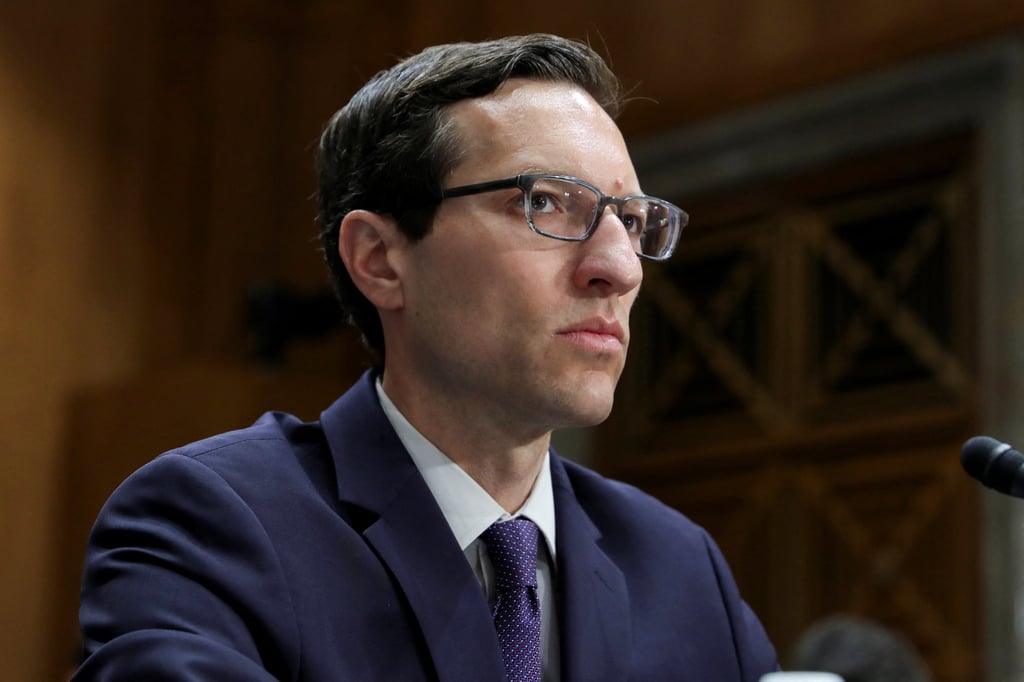Advertisement
In countering China, Indo-Pacific countries rely less on US: Pentagon official for region
- Nato joins American officials in lauding regional players like Japan, the Philippines and Australia as they tackle ‘shared challenges’
Reading Time:4 minutes
Why you can trust SCMP
7

Indo-Pacific countries are starting to rely less on US leadership as they increasingly pursue initiatives to counter threats they see in China on their own, American and North Atlantic Treaty Organisation officials said on Thursday.
Responses within the region to incidents like the recent attack by Chinese vessels on Philippine forces within the island nation’s exclusive economic zone support goals the administration of US President Joe Biden set forth when it began building cooperative frameworks, the Pentagon’s top official for the region said.
“The new convergence in the Indo-Pacific won’t always start or include the United States … nor should it,” said Ely Ratner, the US assistant secretary of defence for Indo-Pacific security affairs, at a Centre for Strategic and International Studies event.
“That’s why … we are really encouraged by the important opportunities that will emerge from the reciprocal access agreement announced just this week between Japan and [the] Philippines.”

Annual meetings between the defence chiefs of Australia, Japan, the Philippines and the US in Hawaii – the countries’ first joint naval exercises – and other American-led engagements with all four in different formats have “reached an escape velocity of its own that is creating even more momentum and new opportunities”, Ratner added.
Advertisement